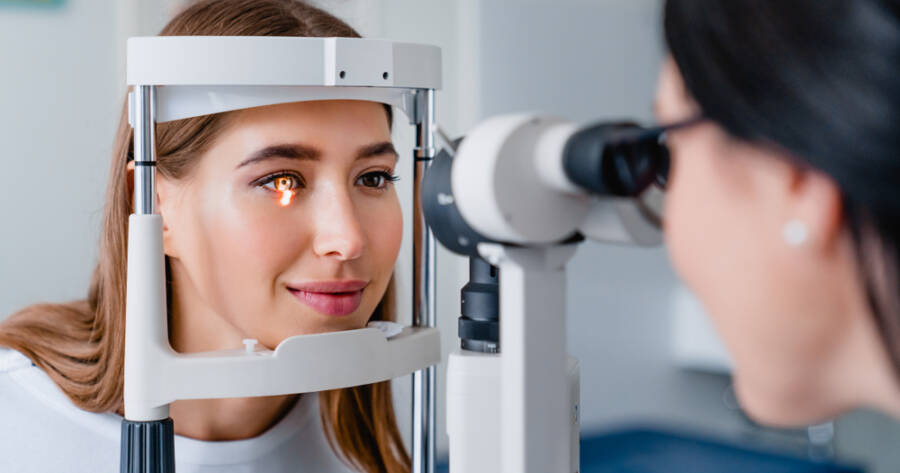Macular degeneration is a condition that affects the central part of your vision, leading to blurry or distorted sight. It can be worrying, especially if you notice changes in your vision. However, it’s important to know that you have options to manage and even slow the progression of macular degeneration. With the right approach, you can take control of your eye health and maintain your quality of life.
What Is Macular Degeneration?
Macular degeneration is a condition that affects the macula, a small area at the center of the retina in the eye. This part of the eye is responsible for sharp, detailed vision. As the macula becomes damaged, people may experience blurred vision or even a loss of central vision.
There are two types of macular degeneration: dry and wet. Dry macular degeneration is the most common and progresses more slowly, while wet macular degeneration is less common but more aggressive.
Early Detection Is Key
The earlier macular degeneration is detected, the better the chances of slowing its progression. Regular eye exams are essential, especially if you’re over 50 or have a family history of the condition. During an eye exam, your doctor may use tools to check the health of your retina.
Early signs of macular degeneration include changes in vision, such as difficulty reading or recognizing faces. If caught early, treatments can help manage the condition and protect your sight.
Healthy Habits That Can Help
While macular degeneration can’t be fully reversed, there are lifestyle changes that may help slow its progress. Eating a diet rich in vitamins, minerals, and antioxidants is one of the most effective ways to protect your eyes.
Foods such as leafy greens, fish rich in omega-3 fatty acids, and nuts can provide the nutrients your eyes need. Smoking can worsen macular degeneration, so quitting is a crucial step. Regular exercise and protecting your eyes from UV light with sunglasses can also be beneficial.
Treatments and Therapies Available
For those with macular degeneration, various treatments are available to help manage the condition, depending on the type.
Dry Macular Degeneration Treatments
For dry macular degeneration, doctors often recommend specific nutritional supplements known as the AREDS (Age-Related Eye Disease Study) formula. This formula typically includes a combination of vitamins C and E, zinc, copper, lutein, and zeaxanthin.
These nutrients are believed to support retinal health and may slow the progression of dry macular degeneration. In addition to supplements, maintaining a healthy diet rich in antioxidants and omega-3 fatty acids can further protect the eyes.
Wet Macular Degeneration Treatments
For wet macular degeneration, treatments are more aggressive. The most common therapy involves anti-VEGF (vascular endothelial growth factor) injections. These medications, such as ranibizumab (Lucentis), aflibercept (Eylea), or bevacizumab (Avastin), are injected directly into the eye. They work by blocking the growth of abnormal blood vessels beneath the retina, which can leak fluid and cause vision loss.
Although these injections cannot cure wet macular degeneration, they are highly effective in stabilizing or even improving vision in many cases. Regular injections may be needed to maintain their effectiveness and prevent further damage to the retina.
Emotional Support and Coping Strategies
Dealing with macular degeneration can be emotionally challenging, especially if it starts affecting daily activities like reading, driving, or recognizing loved ones. It’s important to talk about how you feel with family members or friends.
Support groups can also offer helpful tips and emotional comfort from others who understand your experience. Many people with macular degeneration find that using assistive devices, such as magnifying glasses or special computer programs, helps them maintain independence.
Take Action for Better Vision
While macular degeneration can be a challenging condition, taking action now can help you protect your vision. Regular eye exams, healthy lifestyle choices, and available treatments can all contribute to managing the condition.
It’s important to be proactive about your eye health, seek support, and keep a positive outlook. With the right approach, you can continue to enjoy the activities you love and maintain your independence.

